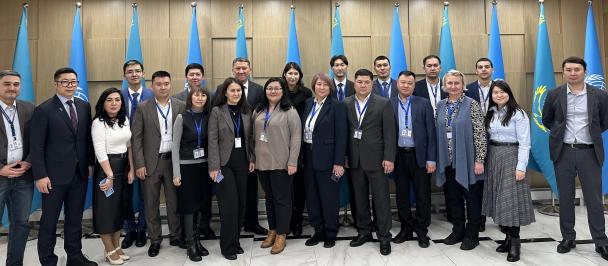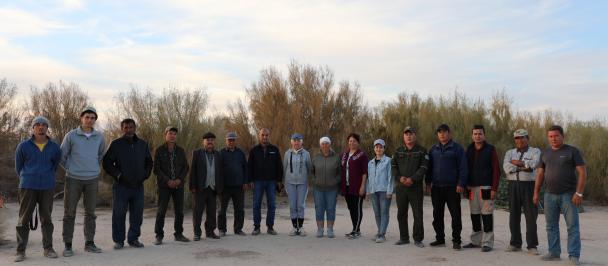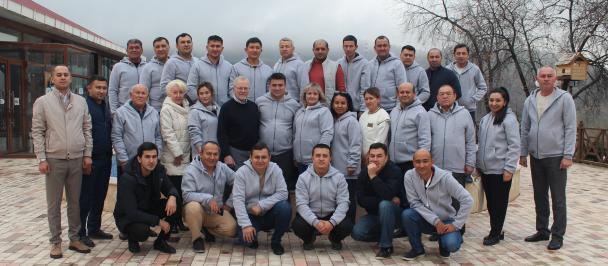UNDP hosts a workshop on climate-resilient water resource management in the Ferghana Valley
August 29, 2022
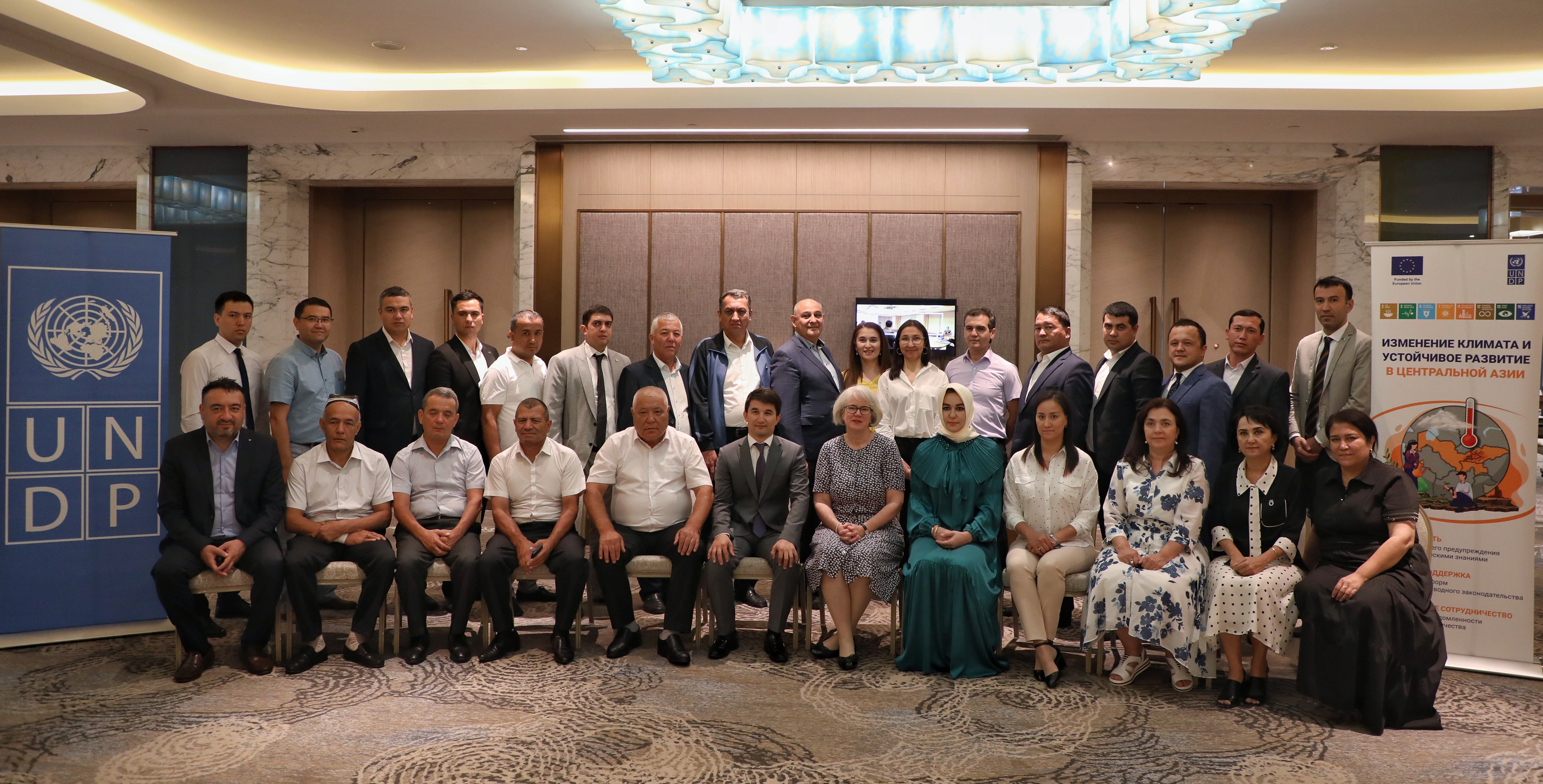
The Syrdarya river is one of the largest water arteries of Uzbekistan that flows into the Aral Sea.
The Ferghana Valley is located within the Syrdarya river basin. According to scholars, there are more than one hundred (100) small rivers in the Ferghana Valley, which are tributaries of the Syrdarya. Many of them are transboundary since they are originating in the neighboring countries of Kyrgyzstan and Tajikistan. In the longer term, shifting precipitation patterns, increasing temperatures and dry spells are predicted to lead to water stress in the region.
On August 29-30, 2022, a two-day seminar dedicated to effective water management under climate change context was held within the joint project of Uzhydromet and UNDP “Climate Change and Resilience in Central Asia” funded by the European Union.
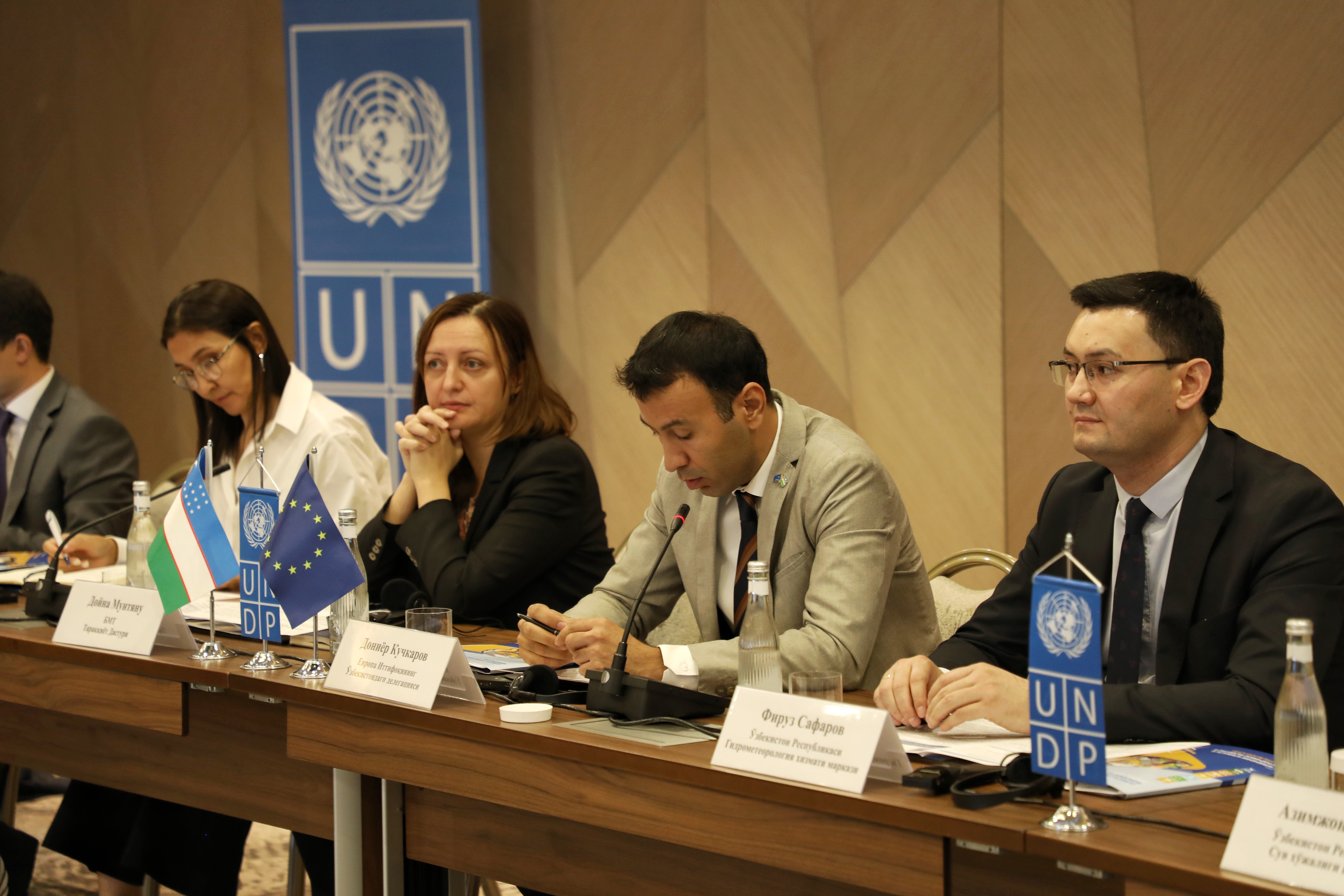
Around 35 experts and government officials discussed possible ways to mainstream climate resilience risks into water policy and river basin planning, which will allow water management organizations to carry out a comprehensive situation assessment and preparation of water management plans in the short- and long-term perspectives.
The specialists highlighted that, in the context of climate risks and threats, after 2030 Uzbekistan will not be able to manage water resources at all levels without the introduction of climate-resilient solutions. Regarding this, it is essential to consider possible economic trends and signs of increasing impacts of climate change in the basin planning process as stated in the Strategy for Water Resources Management and Development of the Irrigation Sector in the Republic of Uzbekistan for 2021-2023.

Extreme weather events particularly mudflows have become more frequent in the rivers of Ferghana Valley, and these threats can cause natural disasters due to the lack of early warning mechanisms for the local population.
In her welcoming speech, Doina Munteanu, UNDP Deputy Resident Representative in Uzbekistan, highlighted: “Since the impact of climate change on the water sector is very large, it is particularly important to formulate a water policy that takes into account the climate fragility risk and to develop river basin management plans that will allow forecasting and informing the population of the Ferghana Valley about impending natural disasters”.

As a result of the seminar, experts selected the river basins in the Ferghana Valley that are most vulnerable to climate risks as a pilot site of the project. Moreover, for the sustainable management of small river basins, experts suggested that it is essential to introduce resource-saving technologies, restoration of riverbeds after natural disasters, digitalization of the water accounting system to eliminate the “head and tail” problems in water supply, and the introduction of early warning mechanisms under evolving climate change circumstances.

 Locations
Locations